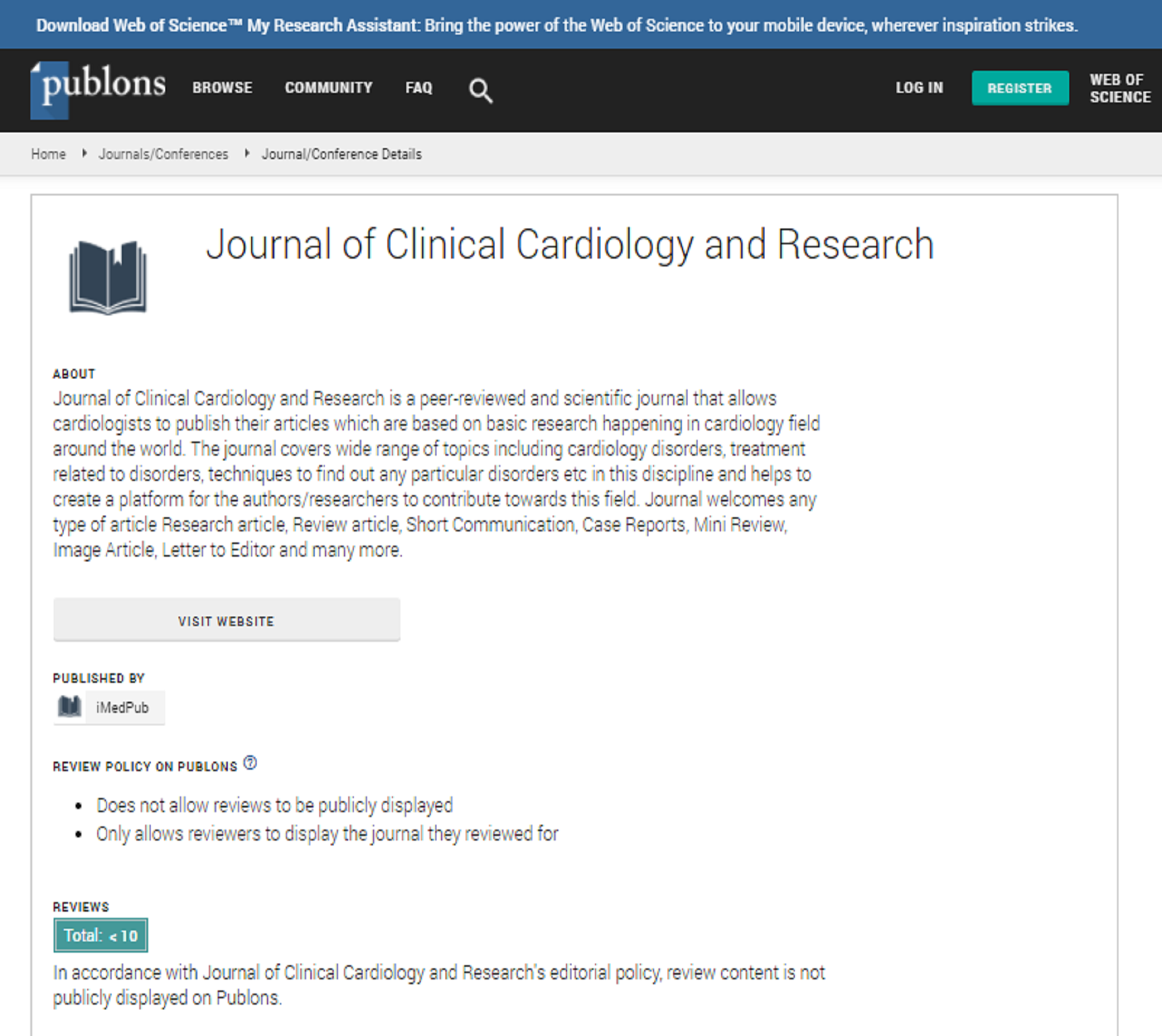Abstract
Menopausal status is not associated with hypertension in post-menopausal women
Introduction:
Menopause is an inevitable physiological phenomenon in which cardiovascular risk factor (CRF) factors association is reported, but age at menopause (AAM) varies considerably and could affect the risk among postmenopausal women. The aim of the study was to clarify whether AAM is associated with hypertension, independent of chronological age, lifestyle and hormone replacement therapy (HRT), in Nepalese women. Premenopausal women (pre-MW) have lower blood pressure (BP) than age-matched men, and women have higher rates of hypertension than men as they age.1 These findings suggest that gender or sex hormones have a prominent role in hypertension. Determining the role of sex hormones in the pathogenesis or progression of hypertension is complex given the effects of aging on the cardiovascular system and its relationship to other powerful risk factors such as body weight and cholesterol level.2 Longitudinal and cross-sectional studies report conflicting results concerning the role of menopause in the pathogenesis of hypertension. Large randomized trials of hormone replacement therapy (HRT) have called into question the long assumed protective effect of estrogen in heart disease risk.3,4 There are excellent reviews on the effects of gender and sex hormones on vascular tone and pathophysiologic abnormalities associated with hypertension in animals.5,6 This review focuses on studies in postmenopausal women (PMW), the relationship between menopause and hypertension, factors contributing to hypertension in PMW, and discussion of identification and treatment of hypertension in PMW. Post-menopausal women (Post-MW) are at increased risk of CVD and the prevalence of hypertension in women increases when they reach menopause. Indeed, until 45 years of age, the prevalence of hypertension tends to be lower in women than in men.
Methods:
A cross-sectional study was conducted using the baseline survey in 60 female among them 30 were post-menopausal aged (45-55) study group and 30 pre-menopausal aged (35-44) women considered to be control group. The prevalence of hypertension in AAM groups was compared by using statistical analysis. Daily lifestyle such as smoking, alcohol consumption, and doing brisk physical activity and women under oral Contraceptive pill were not included in this study
Results:
The estimated risk (odds ratio: OR) was significantly higher in post-menopausal women and linearly elevated according to the AAM groups, and the late AAM group was more likely to have hypertension however, after adjustment for age, BMI (kg/m(2)), HRT and lifestyle, AAM showed no significant association with cardiovascular variables such as systolic, diastolic and pulse pressure when just considered the menopausal status, therefore AAM group is not associated with increased risk of hypertension compared with premenopausal control group attributed just because of menopausal status.
Conclusions:
There is no any association of hypertension relevant to menopausal status confounding other parameters such as age, BMI, life style and HRT therapy in the post-menopausal women.
Cardiovascular disease is the leading cause of morbidity and mortality in postmenopausal women. Hypertension is a major risk factor for cardiovascular disease. The mechanisms responsible for postmenopausal hypertension have not been completely elucidated. However, various mechanisms have been implicated to play a role.
Author(s): Namrata Kafle
Abstract | PDF
Share This Article
Google Scholar citation report
Journal of Clinical Cardiology and Research peer review process verified at publons
Abstracted/Indexed in
- Google Scholar
- Publons
Open Access Journals
- Aquaculture & Veterinary Science
- Chemistry & Chemical Sciences
- Clinical Sciences
- Engineering
- General Science
- Genetics & Molecular Biology
- Health Care & Nursing
- Immunology & Microbiology
- Materials Science
- Mathematics & Physics
- Medical Sciences
- Neurology & Psychiatry
- Oncology & Cancer Science
- Pharmaceutical Sciences

